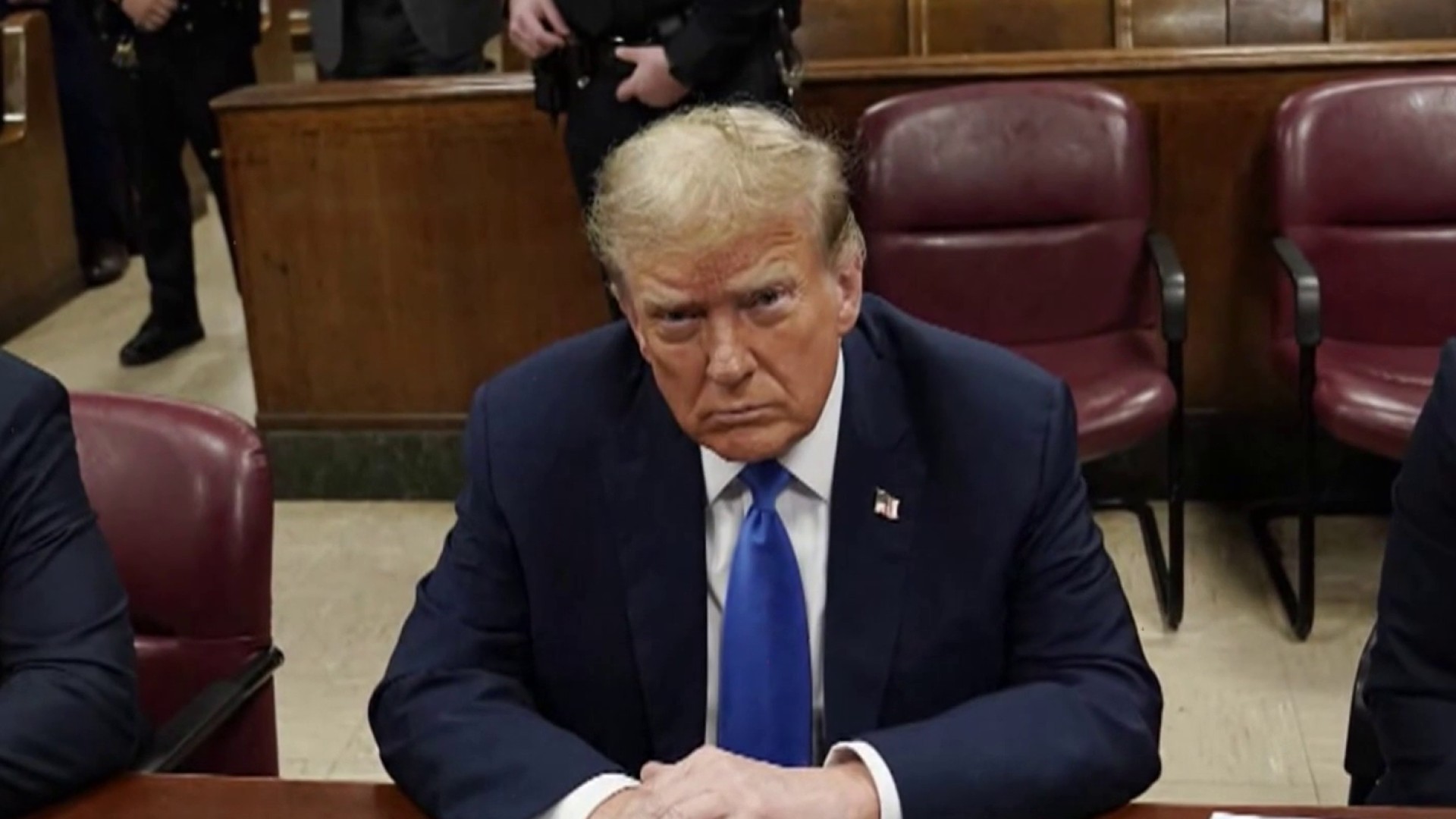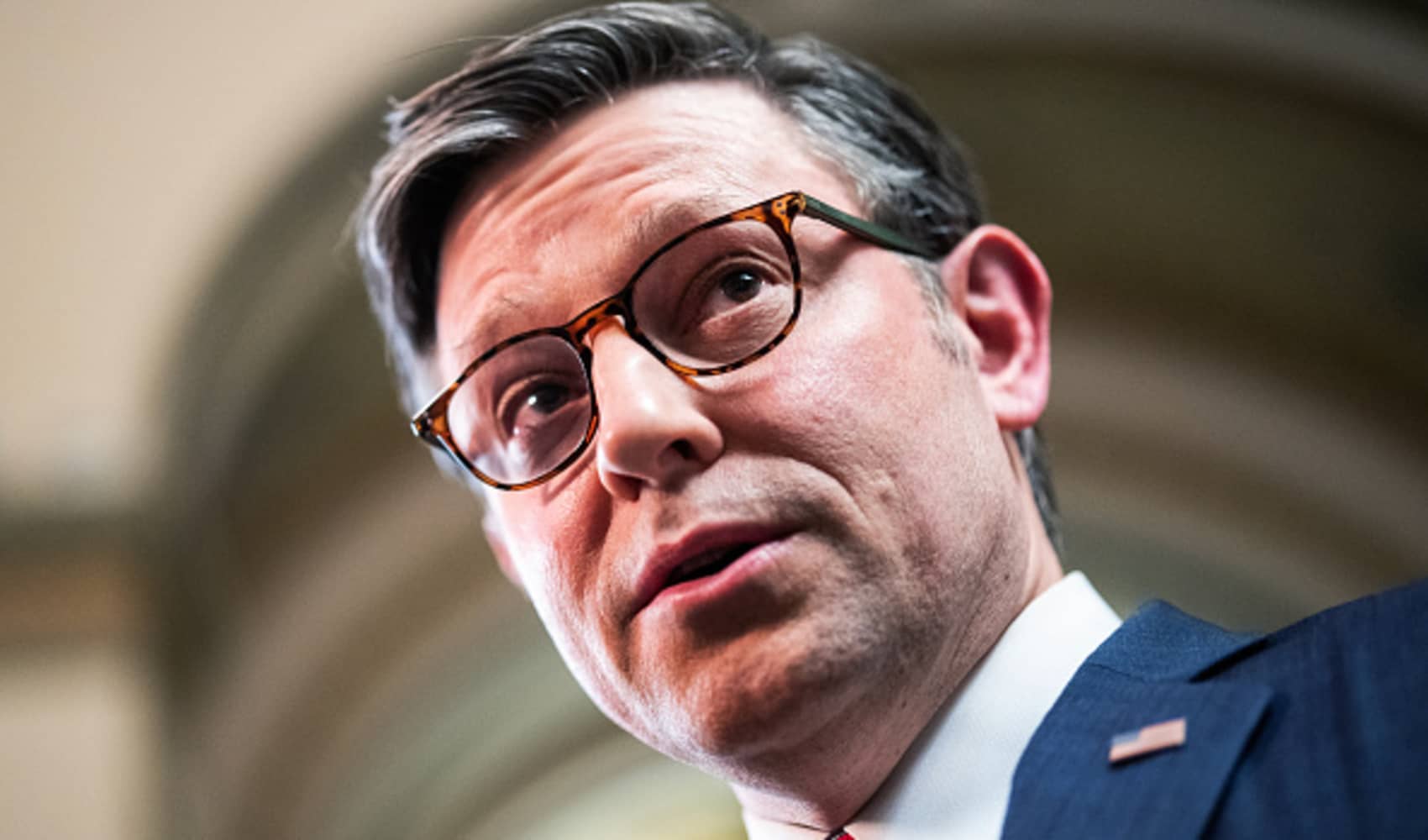North Korea is no stranger to the United Nations Security Council.
Since 2006, the troubled country has been the subject of sanctions four times, most recently this Thursday by a unanimous council vote that included the support of notoriously reluctant China.
U.S. Ambassador Susan Rice, while falling short of predicting an end to a years-long saga, told a global audience that this time will be different. “Taken together, these sanctions will bite, and bite hard”, Rice said. “They increase North Korea’s isolation, and raise the cost to North Korea’s leaders of defying the international community.”
But why will these sanctions succeed when three previous rounds have failed?
China’s backing, and even co-authorship of the sanctions signals a new direction in the attempt to denuclearize North Korea, notes regional expert and Berkeley Professor Gerard Roland. Roland quickly adds, however, that the sanctions will not achieve their desired effect unless China agrees to fully enforce them.
To date, that’s a commitment China has been unable to fulfill. “The Chinese hold the key of the future of North Korea, and of the future of the Korean Peninsula,” Roland said. Yet China’s increased involvement and possible cooperation in implementing penalties on North Korea’s financial transactions, trade, cargo inspection and other measures is anything but a ‘guarantee,’ according to Roland.
“It’s quite possible that the Chinese make a lot of noise, openly support the new sanctions which are much tighter, but then may not enforce them completely, or there may be lax enforcement,” he said.
Roland is hardly alone in the academic community when he calls China vital to the success of the sanctions.
“The Chinese are probably the only country that has any potential leverage with North Korea, and they have backed other resolutions before but have not been particularly good about enforcing them,” said Carla Robbins, an adjunct senior fellow for the Council on Foreign Relations.
“I don’t think this round of sanctions is particularly different than the last round of sanctions,” Robbins added. “So what’s going to be the straw that breaks the camel’s back?”
As it stands, North Korea is heavily dependent upon China for its livelihood, importing everything from fuel needed to keep the lights on to food and aid for its citizens.
According to the International Trade Centre, Chinese products made up 43 percent of North Korean imports in 2006, but shot up to 95 percent by 2012 after a series of sanctions.
In effect, China controls the spigot, or “lever,” as Robbins characterizes it, to North Korea’s lifeline. Yet the sanctions target North Korean materials used for nuclear development, illicit trade, and even luxury goods, but not the basic amenities needed to survive.
“I don’t think they’re choking off the technology or the fuel possibility there,” Robbins said. “It’s much more of a calculation of the politics of it. How much pressure is this regime willing to accept to continue a program that they apparently seem to think is a huge source of status?”
That’s a point upon which both Professor Roland and Ms. Robbins agree. Roland says that “the only thing that could halt North Korea’s nuclear program” would be a regime collapse. And by all accounts, the stricter sanctions are designed to produce just that- a spate of additional economic constraints and banking obstacles that squeeze the government of Kim Jong-un and force a transition to new leadership.
For that plan to succeed, however, China has to do more than just offer its verbal support, Robbins countered.
The Chinese government must fully implement the sanctions, something that hasn’t happened yet.
“We’ll see if this results in a change in China’s behavior,” Robbins said. “But it’s highly unlikely that these particular rounds of sanctions are going to change what Pyongyang is doing.”
“I mean, who would pay attention to North Korea if they didn’t have a nuclear weapon,” she asked. “I can’t read them. No one can read them. We really don’t know what’s going on there.”



